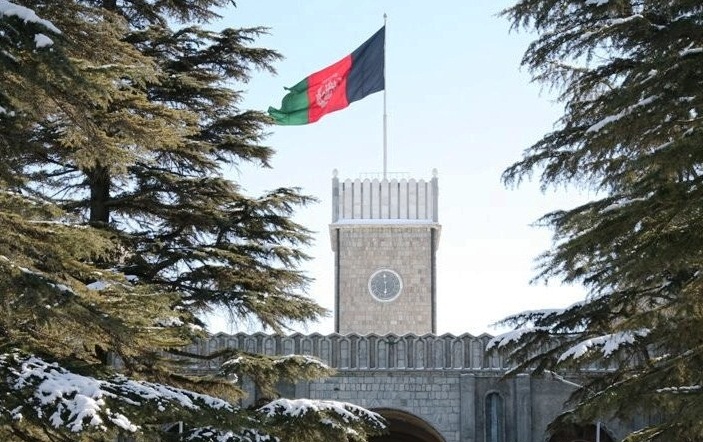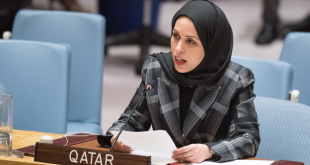By Farhad Naibkhel-KABUL: The Center for Strategic and Regional Studies (CSRS) on Tuesday released a survey, revealing that 62 percent interviewees believed that the National Unity Government (NUG) has failed to adopt sincere efforts in peace process.
The analytical and research report, titled “Afghanistan in the past one and a half-decade”, interviewed 701 people, including university teachers and bachelors in six big cities such as Kabul, Kandahar, Herat, Balkh and Kunduz provinces.
The survey conducted on different situation of the country such as peace, foreign policy, corruption, migrants, internally displaced people (IDP), national economy, trade, energy, industry, agriculture, security, crimes, education and higher education.
The survey included a background of the above mentioned sectors, which is showing situation after the collapse of the Taliban regime. The survey also focused in detail issues taken place in 2015-2016, counting developments, failures and challenges.
“The survey showed 62 percent interviewees believed that NUG did not hold sincere efforts in peace and reconciliation process,” Head of CSRS, Abdul Baqi Amin said.
He furthered, “68 percent people termed the presence of foreigners, particularly US troopers in the country, and foreign interference as a main barriers at the way of peace process.
Moreover, he said that 66 percent of the respondents believed that High Peace Council (HPC) had failed to play a significant role in bringing peace and stability.
Furthermore, the reports demonstrated 65 percent of the interviewees are in the view that hiring of trustable members from both the sides (government, and the Taliban) was the need of the hour for the HPC, aimed at playing positive role in the process.
Related to the security issues, 58 percent of the respondents said they are not feeling safe due to insecurity. They also hinted toward growing of insecurity in the country.
“In the aspect of foreign policy, 87 percent of interviewees said that the NUG foreign policy was unbalanced in interaction with neighboring countries, particularly with Pakistan and India,”Amin said.
Moreover, he said that at the outset the government accelerated cementing ties with Pakistan, but later ties reached at boiling point, where unfair policy of the NUG resulted to undermine the interest of Afghanistan.
Pointing toward Bilateral Security Agreement (BSA) with US, he said this security pact signed with a hope to bring stability in Afghanistan, but inverse to that, insecurity had reached its peak across the country.
Furthermore, he said NUG failed to keep impartiality on war between Yemen and Saudi Arabia, and this was also consider as another mistake of the government toward its foreign policy.
The survey also documented people’s view regarding corruption, where 76 percent believed that government had not taken honest steps to fight this hazard.
However, he said that thought efforts were taken to fight corruption, but that was not effective in eliminating the endemic menace.
In addition to that, the report findings showed that 71 percent interviewees are not optimistic regarding economic growth of the country in future.
The survey furthered that 90 percent interviewees believed that there are different challenges in the government, where the government failed to take steps to resolve it.
Likewise, the findings showed that 89 percent of people believed that the government failed to provide fair job opportunities for the masses. Eighty percent of the interviewees said that economic condition has worsened during NUG comparing to the former government under President Hamid Karzai’s presidency.
The report also documented NUG failure in the aspect of education, higher education, refuge and internal displaced persons.
 Afghanistan Times
Afghanistan Times




